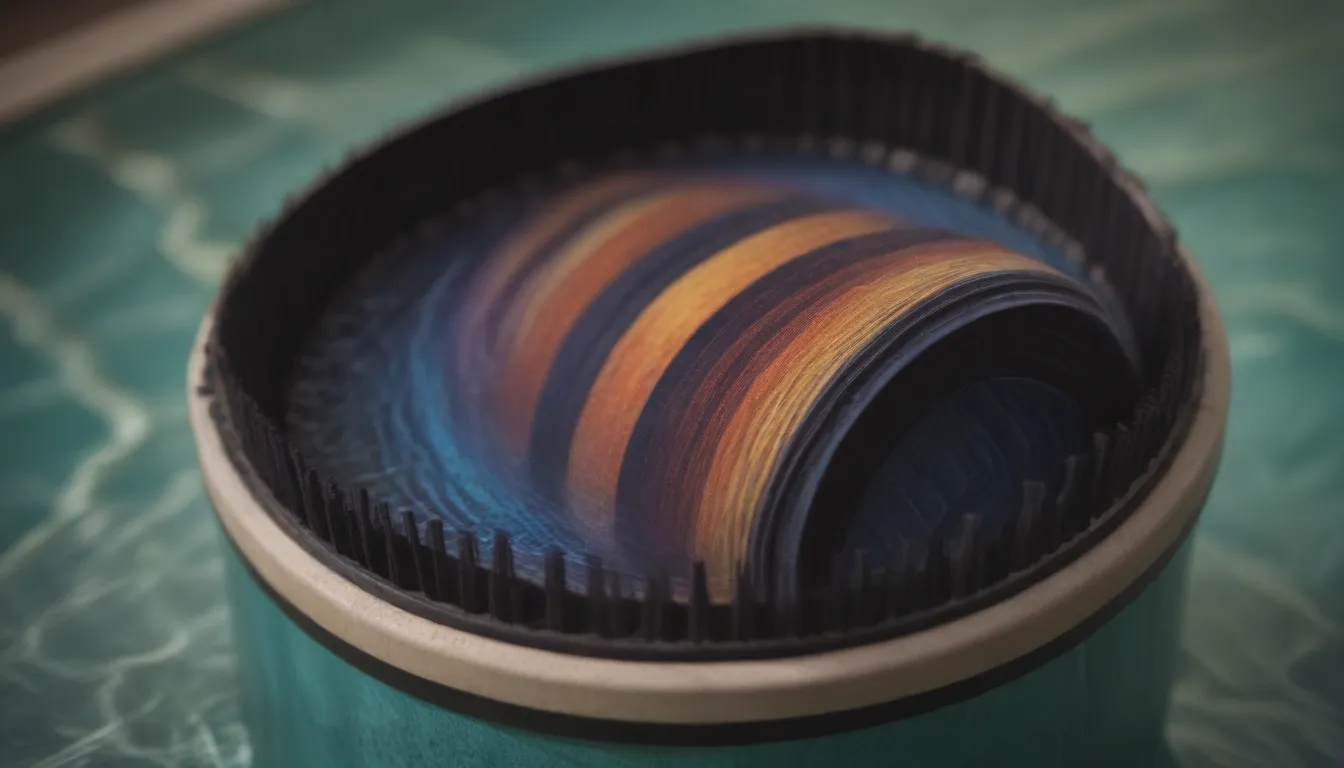Understanding DE Pool Filters

Diatomaceous earth, commonly abbreviated as DE, is a remarkable substance with a variety of practical applications. In this article, we will delve into the world of DE pool filters, exploring how they work, their benefits, and various other uses of diatomaceous earth.
What is Diatomaceous Earth?
Diatomaceous earth is a soft, crumbly sedimentary rock made up of fossilized remains of diatoms – microscopic algae-like organisms. These diatoms have silica as their primary constituent, making DE mostly composed of silicon dioxide. Silica is a prevalent compound found in various natural substances such as sand, emerald, quartz, and asbestos.
DE is mined from locations around the world where ancient sea sediments are present. The composition of diatomaceous earth can vary based on the diatom species and the mining location. When ground into a fine powder, DE becomes a versatile abrasive material with numerous practical uses.
DE in Pool Filters
Among the various types of pool filters available, DE filters stand out for their effectiveness in trapping contaminants. Unlike sand filters that capture larger particles or cartridge filters that strain water through paper-like materials, DE filters utilize a fine DE powder to filter out microscopic impurities. The unique sponge-like structure of diatoms allows DE filters to achieve superior filtration results.
When adding fresh DE to a filter, pool experts recommend using slightly less than the recommended amount to prevent clogging issues in the system. Additionally, it’s essential to use DE specifically designed for pool filtration, as food-grade DE is not suitable for this purpose.
Benefits of DE Pool Filters
There are several advantages to using DE pool filters, making them a popular choice among pool owners and maintenance workers:
- Superior Filtration: DE filters can capture particles as small as 3-5 microns, providing exceptionally clean water.
- Reduced Maintenance: Due to their efficient filtration capabilities, DE filters require less frequent backwashing compared to sand filters.
- Energy Efficiency: DE filters have lower pressure requirements, resulting in energy savings for pool pump operation.
Beyond Pool Filtration: Other Uses of DE
Aside from pool filtration, diatomaceous earth has a wide range of applications in different industries:
- Food Industry: Food-grade DE is utilized in grain storage as an anti-caking agent and as a feed supplement for livestock.
- Agriculture: DE serves as a pesticide against various pests, including snails, slugs, cockroaches, and fleas. It can also be used as a growing medium in hydroponic gardening.
- Industrial Uses: Diatomaceous earth finds applications in industries such as agriculture, horticulture, and even in the eradication of bedbugs.
Purchasing and Disposal Considerations
When purchasing DE for pool filtration, it’s essential to buy the right product intended for that specific use. Avoid using food-grade DE in pool filters, as it can lead to operational challenges. Additionally, proper disposal of DE is crucial to prevent clogging issues in sewer systems.
Most pool DE filters come equipped with a separation tank for disposing of used DE powder safely. By draining the filter through a canvas strainer bag in the separation tank, the DE residues can be discarded with household trash, ensuring proper disposal practices.
In conclusion, DE pool filters offer exceptional filtration performance and numerous benefits for maintaining clean and clear pool water. Understanding the properties and applications of diatomaceous earth can help pool owners make informed choices when selecting filtration systems for their swimming pools. Explore the world of DE filters and unlock the potential for crystal-clear pool water maintenance.





